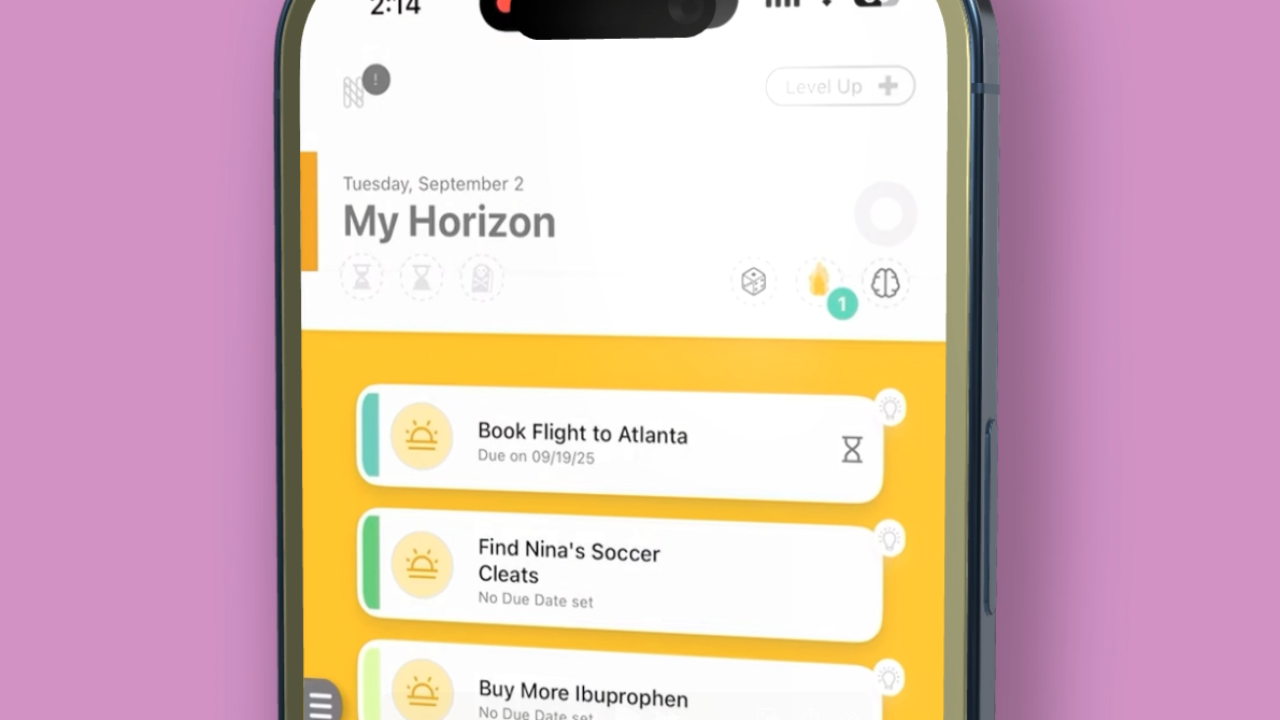HR leaders are facing an unprecedented labor landscape, but hiring anyone that comes through the door is a recipe for disaster.
Seven out of 10 employers say that attracting, retaining and maintaining their workforce is a challenge right now, according to
“If you want to become an employer of choice, you have to look at how you can help this person achieve their life goals and their best life, beyond just what you can pay them,” he says. “What is the currency that is important to them?”
Read more:
Job fulfillment is a top priority for 90% of employees, who would leave a job for a more fulfilling opportunity even if it meant taking a paycut, according to a study by the Harvard Business Review. Understanding what that means for employees could unlock a trove of talent, as long as HR leaders are
“The first thing recruiters need to do is listen and really learn what those currencies are. Understand where the candidate lives in their mind about what their best life looks like,” McDermott says. “It’s not about structuring the job to give them their best life, but seeing if it’s a fit. And sometimes it’s not and that’s ok.”
For many, work-life balance is a top ask, but one that may still seem taboo during the recruitment process, McDermott says. Employers need to understand that there’s been a massive shift in expectation, and then figure out how that fits in with their approach to productivity and outcomes.
Read more:
“If you go back just a few years, it was a red flag if somebody brought up in an interview that work-life balance was important. Hiring managers would say, ‘Woah, we’re just getting to know each other and they’re already telling me this is important? That’s a red flag,’” he says. “Employees want to achieve and excel, but they want a different kind of life.”
Finding that common ground requires getting personal in the interview process. Asking questions like “If you could craft your ideal culture, what would it look like?” and “What are your drivers for leaving your current role” can reveal a lot about the values employees expect and hope to bring to their next opportunity.
HR leaders and employers should be contemplating candidates’ needs to help their own organization remain competitive, McDermott says. Continuously asking how to be an employer of choice and creating a strategy to help them get there will help them find more well-rounded candidates that will stay for the long-term.
“Take a moment and just put yourself in the best strategic headspace: If we’re going to be the number one employer in our industry, what are the things that we offer that no one else does?” he says. “It’s not just about the benefits or the compensation — what are the stories that are being told to show that our company really cares about our employees moving ahead.”






